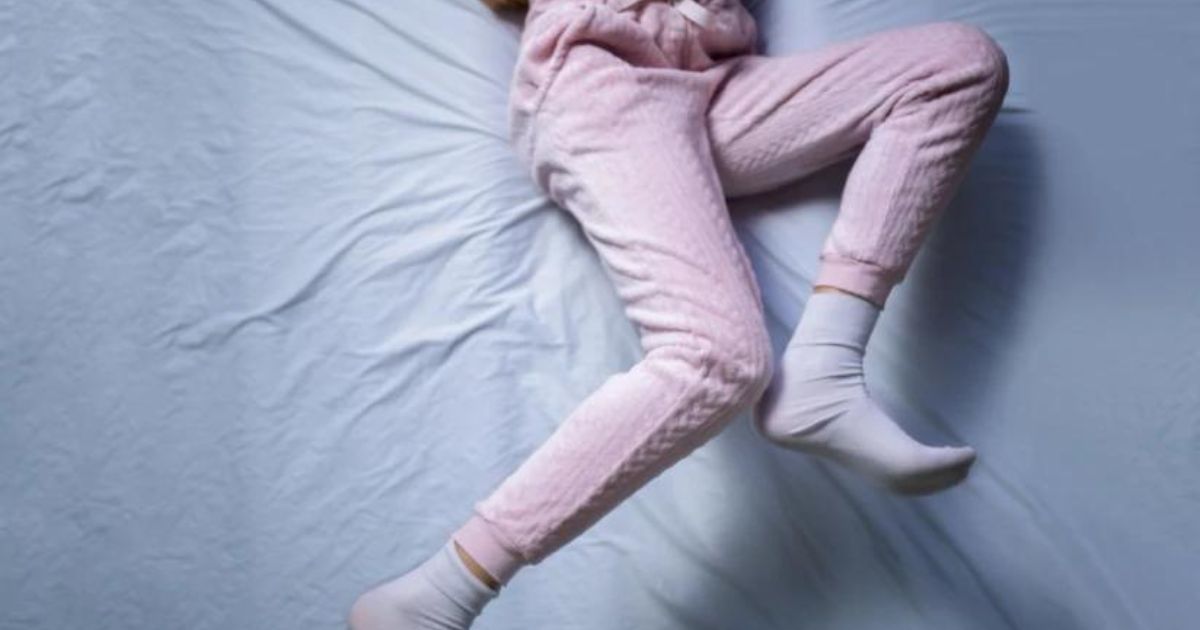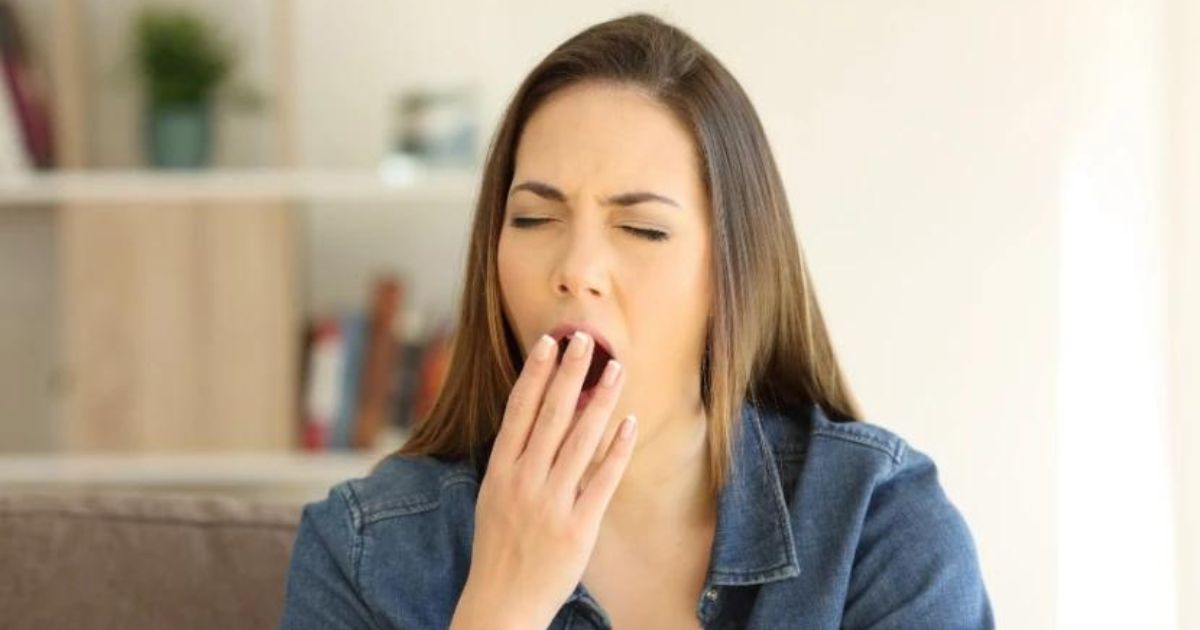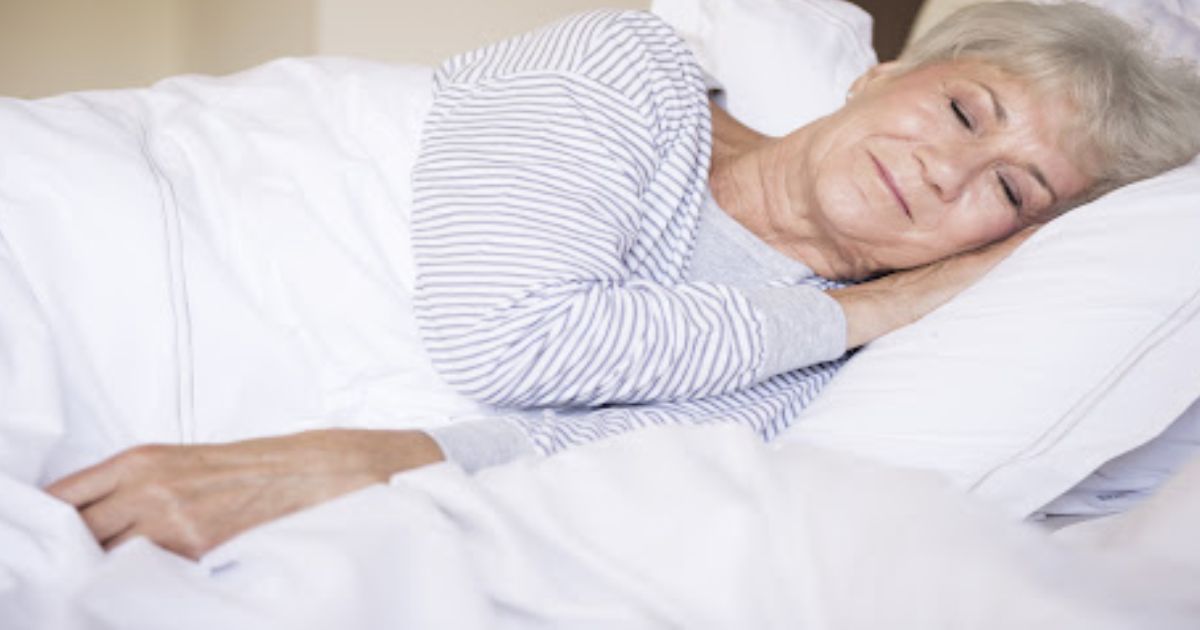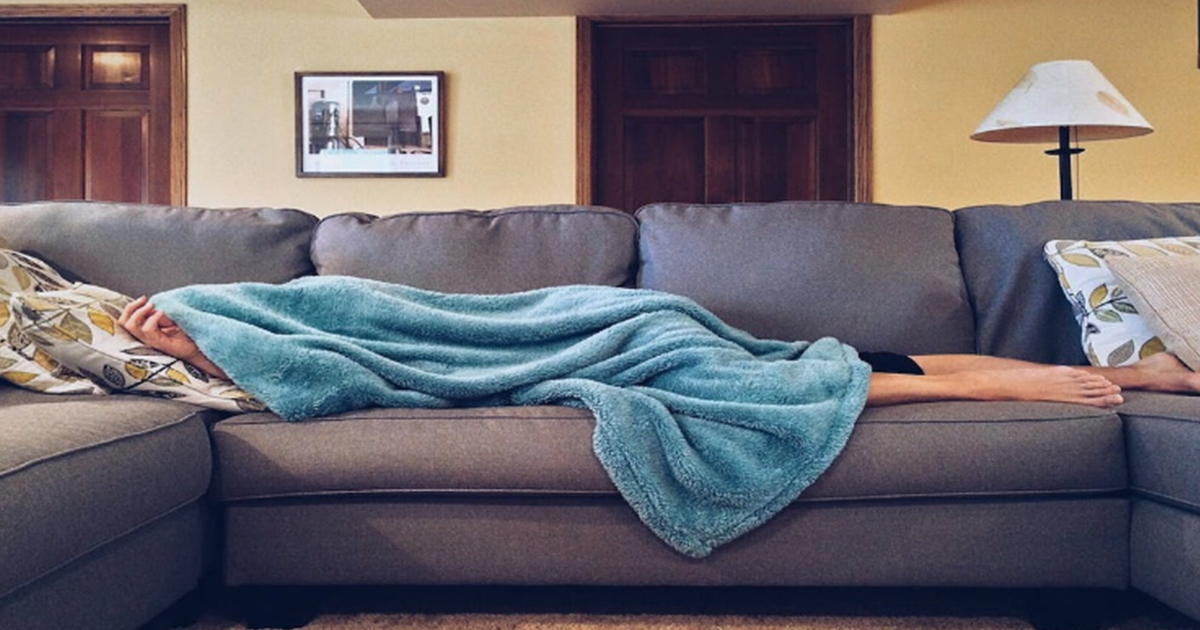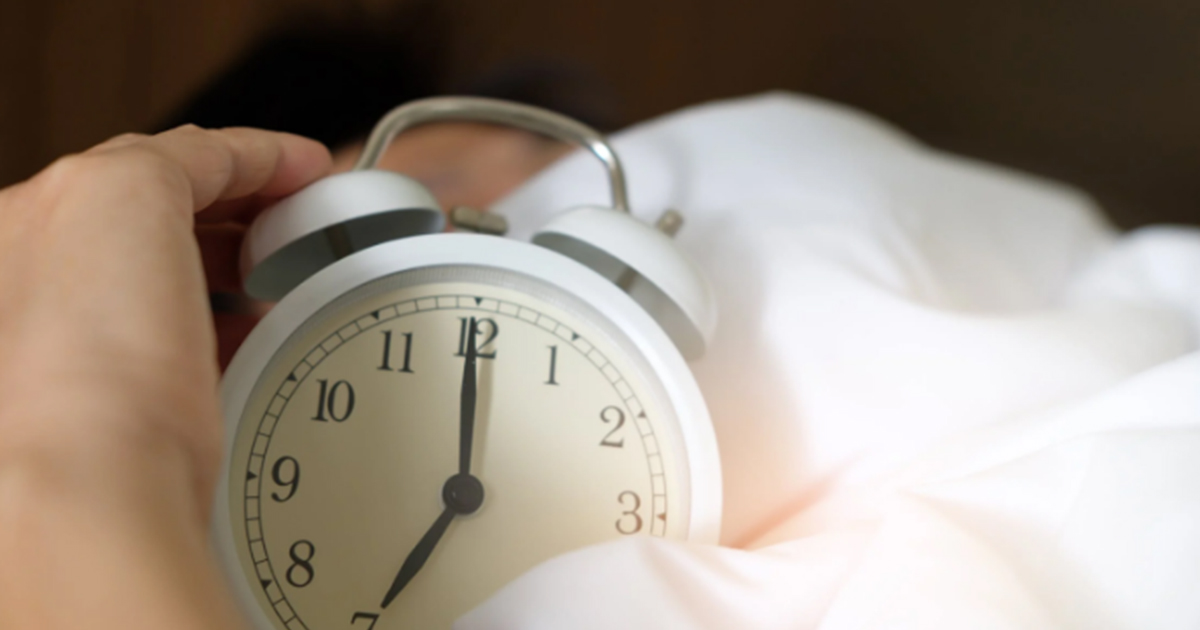Is your child snoring? Tossing and turning? Have you noticed long pauses in his or her breathing at night? Your child may be suffering from sleep apnea. Sleep apnea is a potentially serious sleeping disorder where breathing is interrupted repeatedly throughout the night.
While this disorder is more common in adults, pediatric sleep apnea affects anywhere from one to ten percent of children. Many of the children requiring treatment are between the ages of two and eight years old. Sleep apnea results in pauses in one’s breathing during sleep due to the obstruction of airways and restricted airflow.
The most common cause for sleep apnea in children is enlarged tonsils and/or adenoids. When these glands are enlarged, they can cause breathing difficulties in the daytime which become worse at night when the muscles relax and restrict airflow. Childhood obesity is another possible cause of pediatric sleep apnea. Fatty tissue in the throat can cause disrupted breathing by restricting airflow. This is usually only seen as a cause in older children. Certain facial characteristics, such as a receding chin and cleft palate, may also be a cause in children. Children with Down syndrome and other congenital conditions affecting the upper respiratory system are also more likely to develop sleep apnea.
There are a number of symptoms to watch out for if you suspect your child may need sleep apnea treatment. You may observe some of these symptoms while your child is sleeping. Others may be seen during the day while your child is awake.
Symptoms include:
• Snoring (up to 10% of children who snore have sleep apnea)
• Long pauses in breathing while sleeping
• Bed wetting
• Sleep walking
• Mouth breathing
• Daytime sleepiness and fatigue
• Difficulty concentrating
• Poor attention span
• Poor school performance
• Behavioral issues
An interesting association has been seen between pediatric sleep apnea and children who suffer from Attention Deficit/Hyperactivity Disorder (ADHD). Obstructive sleep apnea may produce similar symptoms to ADHD symptoms. One study published by the American Academy of Clinical Psychiatrists found attentional deficits were reported in up to 95% of obstructive sleep apnea patients, and in ADHD patients there was a high incidence of obstructive sleep apnea (20 to 30%). The study concluded that treatment of sleep apnea had favorable effects on ADHD symptoms.
If you’re suspecting your child may have sleep apnea, an overnight polysomnogram is the most efficient way to find out. A pediatric polysomnogram will measure activities during sleep that include brain activity, end tidal CO2, muscle movements, heart rate and blood oxygen levels.
If diagnosed with sleep apnea, treatments for your child will depend on the cause. For children with oversized tonsils or adenoids, surgery to remove these will be recommended. If obesity is determined to be the cause, weight management and healthy lifestyle is suggested. Respiratory/asthma medications or allergy medications are sometimes prescribed. CPAP therapy may be recommended as well.
To learn more about sleep apnea treatment or to schedule an overnight polysomnogram, call Dr. Nassar and the experts at Jacksonville Sleep Center today.
Sources:
https://www.ncbi.nlm.nih.gov/pubmed/21808754
https://sleepfoundation.org/sleep-disorders-problems-list/can-kids-get-sleep-apnea
http://www.alaskasleep.com/blog/sleep-apnea-in-children-symptoms-health-risks-diagnosis-treatment
https://sleepapnea.org/treat/childrens-sleep-apnea/


